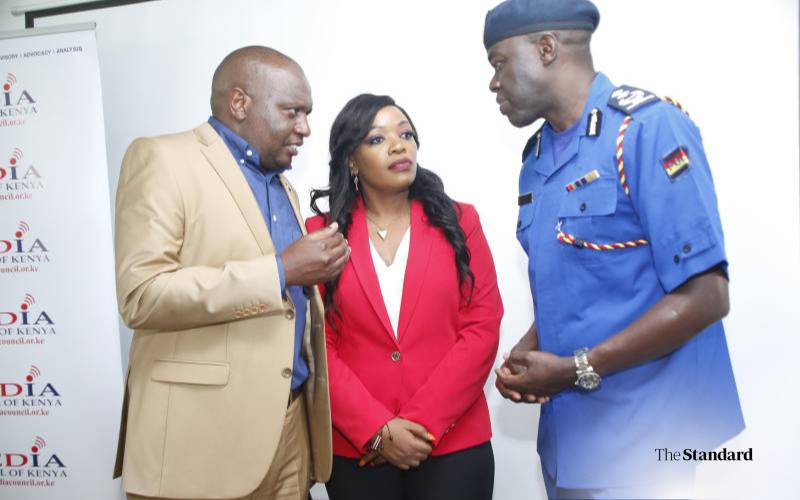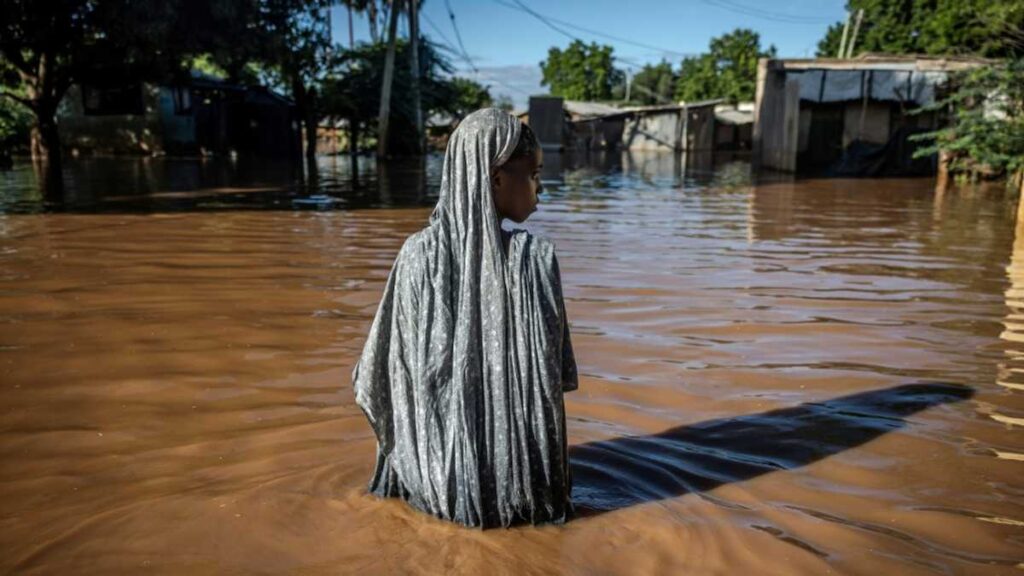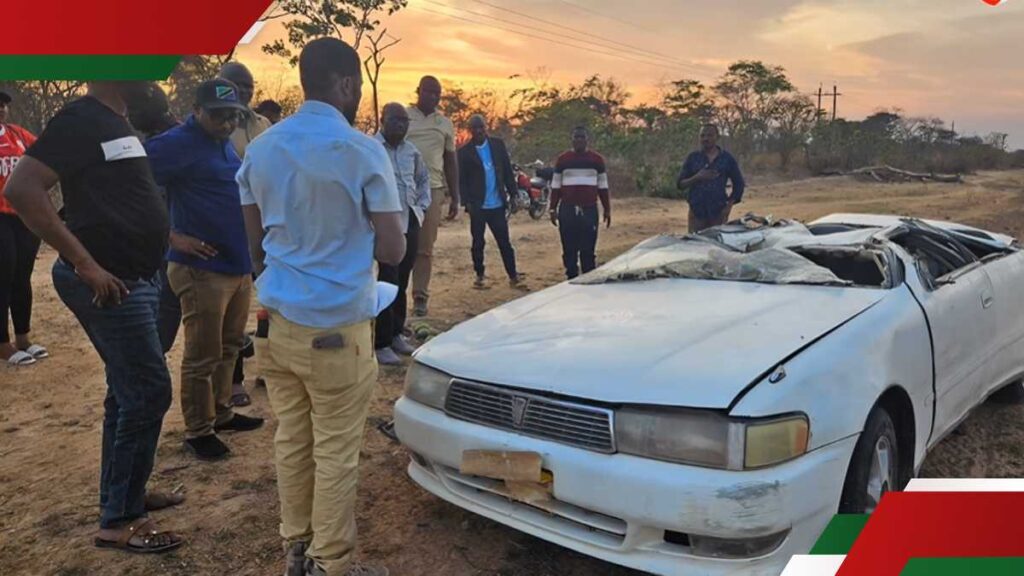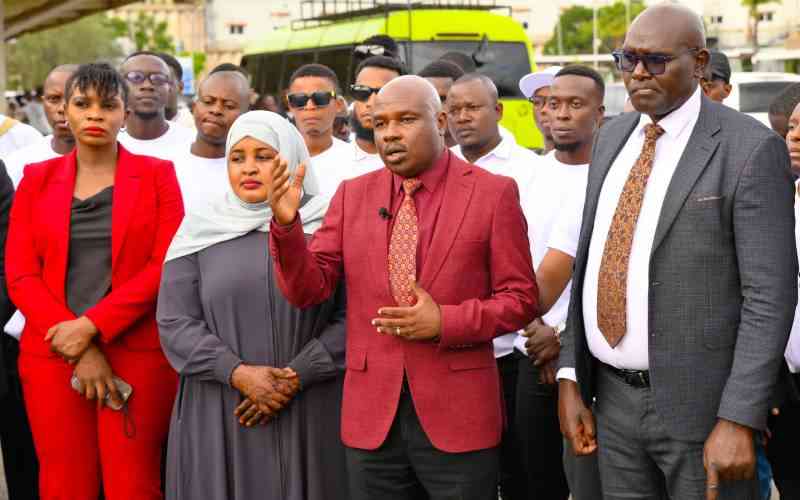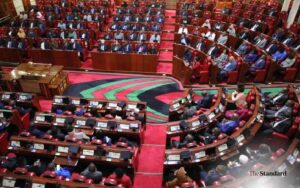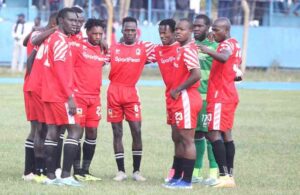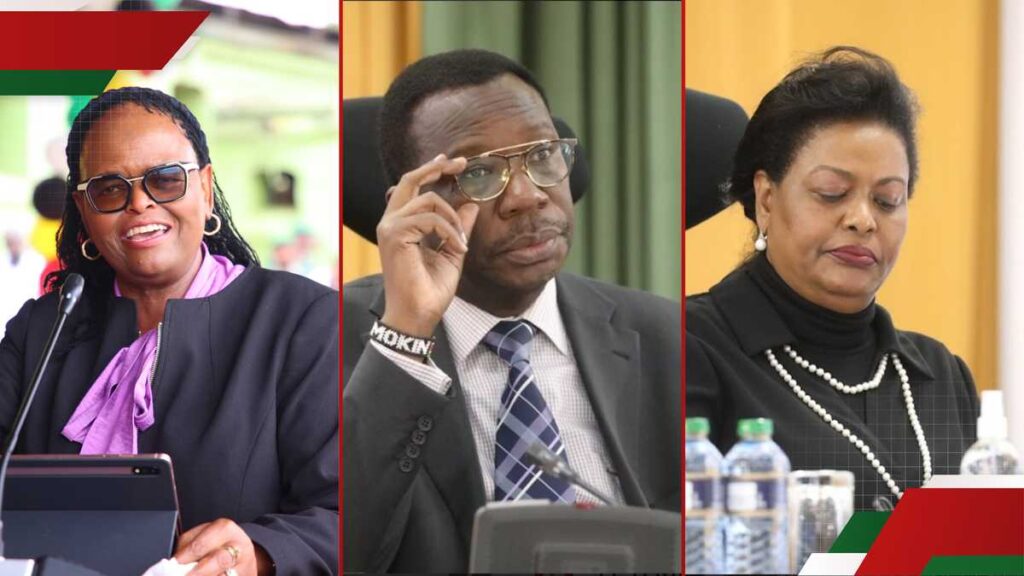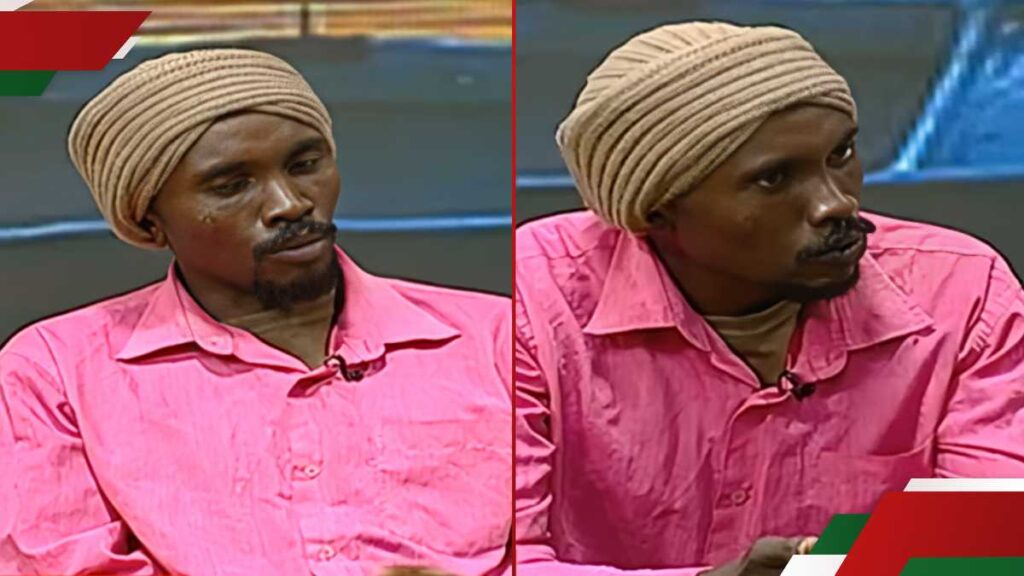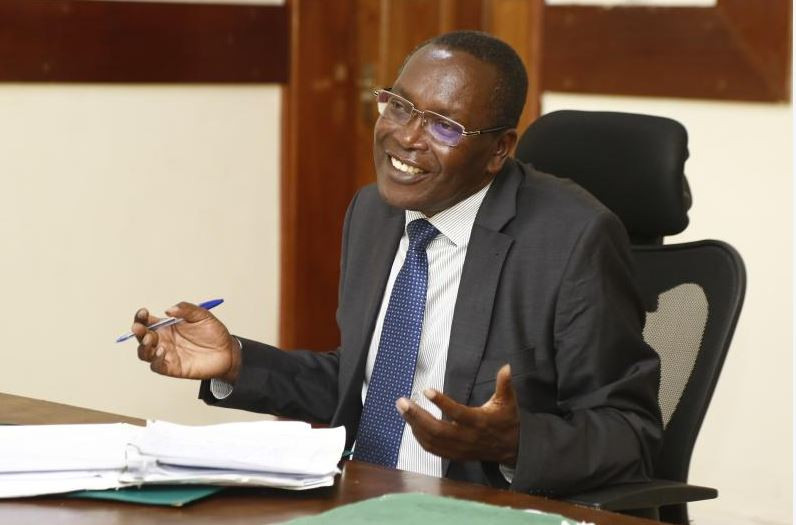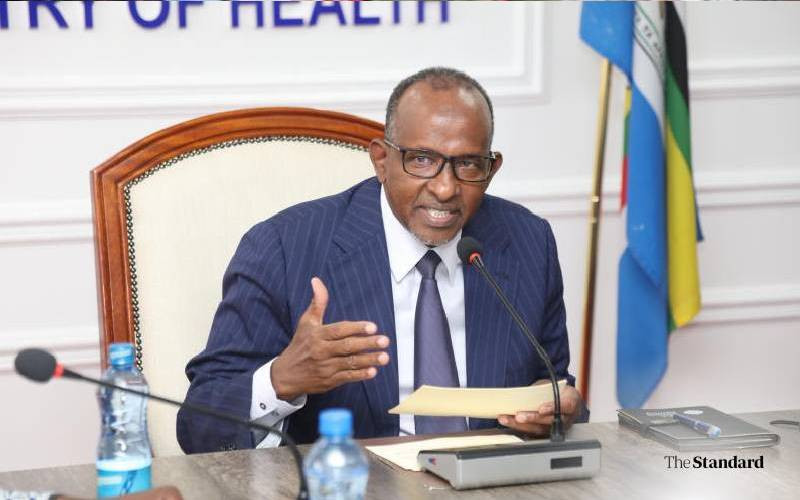A public uproar erupted following the arrest of Kitui-based blogger Emmanuel Maleve on Thursday evening.
Maleve was arrested by the officers from the Directorate of Criminal Investigations (DCI) outside a shopping mall in Kitui town on Thursday evening. He was held at the Muthaiga Police Station awaiting arraignment at the Milimani Law Courts on Friday.
This happened at a time media was commemorating World Press Freedom Day.
His lawyer, Noel Musya, had said that Maleve was arrested for publishing false information on ‘Hopkin Digital’ that alleges that MP Rachael Kaki is involved in a Sh26.7 million bursary scandal.
During the Labour Day celebrations, Central Organisation of Trade Unions (COTU) Secretary General called for social media regulation in the country, with China as an example. Yesterday, Mumias East MP Peter Salasya stated this would threaten democracy.
Photojournalist Joseph Kipsang is one of the journalists who were teargassed at the Kenya National Drama and Film Festivals at Kirobon Girls on April 9.
Kipsang recalled being informed that playwright and politician Cleophas Malala was going to be arrested because he wanted to meet the Butere Girls High School for the ‘Echoes of War’ play rehearsals.
The police teargassed the journalists while covering the events of that night, leaving six of them injured.
Journalists being injured for their work is becoming a recurrent phenomenon. Kameme TV and FM presenter Wanjeri Kariuki remains affected by the psychological and physical harm from being shot by a police officer while covering the anti-finance bill protest in Nakuru.
On that fateful day, on July 16, 2024, she reported to work later than usual, at around 1.30 pm.
The protest had slightly simmered down on that day, with a few protestors along Kenyatta Avenue. She covered the demonstrations with her colleagues for about two hours.
The journalists were standing near the police officers. At around 3.30 pm, an unfortunate shooting incident occurred.
“It looked like the police were the ones protesting as they used excessive force on peaceful protestors. They didn’t want to see any gathering and wanted Nakuru to be a silent town,” she narrates.
Stay informed. Subscribe to our newsletter
The police began firing bullets and hurling teargas canisters. One of them shot Wanjeri in her left leg.
“I thought it was a tear gas canister, but when I saw holes on my body, I had a panic attack. I remember being put on a boda and rushed to a hospital,” she says.
Another police officer had thrown a teargas canister and hit the same leg a few days ago in this ordeal.
“I perceived it as an accident, not knowing that it was a warning to us. The second time, I figured that all this was intentional. They wanted to shoot us,” she says.
Wanjeri experiences numbness in her leg and is terrified of noises and the police.
“I will never cover protests ever again,” she vows, adding, “The government needs to give us back our media freedom. The employers need to be there for us. Media agencies need to follow up when journalists are affected.”
Human Rights Watch (HRW) Associate Director Otsieno Namwaya said, “He should avoid comparing Kenya with the worst-case scenarios. China has one of the worst human rights records, including press freedom; therefore, Kenya has no right to compare itself to China.
Namwaya says that HRW has monitored recent trends of deliberate attacks by government authorities against the press in Kenya and globally, including HRW allies.
“We have been concerned about this trend where attacks are no longer accidental but deliberate instances by authorities to attack and silence journalists,” he notes.
He adds, “The authorities use advertising tools to silence media houses. And it is not just the media but people with voices to address public issues, attempts to criminalise social media activism, and government officials calling for social media regulation because they are uncomfortable with public criticism.”
Challenging Atwoli’s remarks, Namwaya further states that the constitution already provides freedom of expression and condemns the repeal of any laws that negate it.
“Any other repeal of laws that negates freedom of expression should not come into existence. What is needed is for the government to respect the law. Press freedom will be threatened as long as authorities don’t follow the law. The biggest threat is leaders who want to change the law to favour them,” he says.
Namwaya insists on prosecuting government officials who violate press freedom, on strengthening institutions to protect democracy, and on citizens exercising their civic duty of monitoring violations.
Professor George Nyabuga, Associate Professor at the Aga Khan University, Graduate School of Media and Communication, said that there is an increasing threat to press freedom all over the world, including in unexpected countries, like the US evicting journalists from the White House. In Gaza, journalists were targeted and killed to stop the broadcasting of the genocide.
“Media students are cautious because they see all these things happening. I would tell journalists to gather evidence and statistics on the violations. We should be responsible, but we cannot let the state regulate social media,” he says.
Nyabuga called for adequate compensation of journalists for the maintenance of independence.
Director of Programs at the Kenya Correspondents Association, William Oloo Janak, condemns the recent barring of the BBC documentary on police killing protestors of the anti-finance bill on June 25 last year.
“The attack on the BBC documentary sends a message that if the same kind of content is aired by other stations, they will also be under attack. I urge media sectors to consolidate their efforts to work more closely and to remain vigilant. Journalists need to be part of media agencies,” he says.
Oloo faults citizens for electing anti-freedom governments in various parts of the world, urging the media to engage with civil associations and foreign governments to protect press freedom.
The Kenya Editors Guild President, Zubeidah Kananu, echoes those efforts of media suppression through assaults on over 20 journalists, detainment, others having their equipment destroyed, one abduction, and others facing social media harassment.
“In recent days, there have been growing calls to control digital spaces – some driven by concerns about misinformation, hate speech, and harmful content. Kenya already has existing laws, such as the Computer Misuse and Cybercrimes Act, which provide a legal framework to address many challenges without infringing on constitutional freedoms. What we need is not more restrictions but better enforcement, transparency, and digital literacy,” she said during her address at World Press Freedom Day.
Kananu emphasised media should receive better remuneration for journalists. She further urged the government to uphold media independence, pay pending advertising bills, include journalists in digital policy-making processes, and have the Office of the Director of Public Prosecutions speed up cases involving attacks on journalists.








